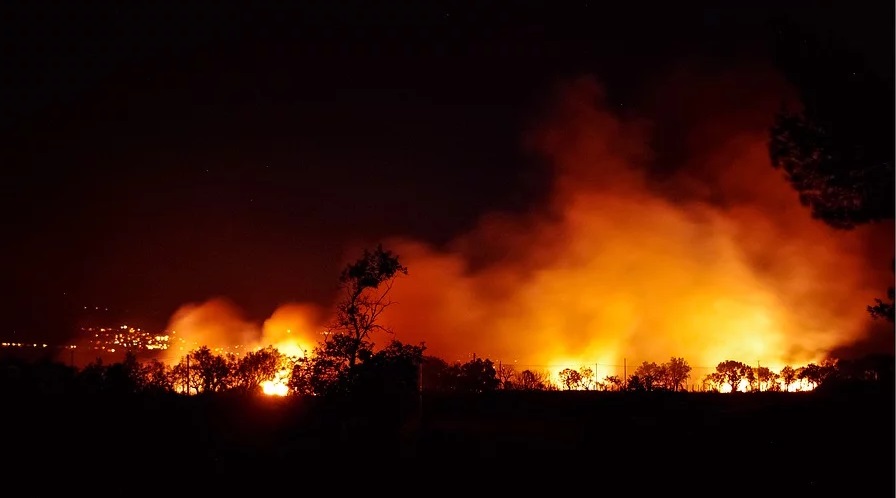Wildfires have become costly enough that insurers have been ending coverage for many homes.
California has taken an unusual new step to help to combat the cost of climate change risks among homeowners across the state. Wildfires have risen in the cost and damage they cause and insurance companies have started dropping coverage.
The state has implemented a new regulation to stop insurance companies from dropping policies.
The added expense from rapidly rising claims from climate change risks has motivated insurance companies to drop homeowners insurance policies at an increasing rate. Those insurers have been trying to control the expenses they face from rising claim frequency and payout size in fire-prone parts of the state.
The state of California has decided to ban that practice. This decision makes things even more challenging for the insurance industry in the state. It underscores and worsens the miscalculation made by the industry with regards to the cost of a warming planet and the risks exacerbated by that trend. The new regulation sets into place a one-year moratorium that bans insurance companies from cancelling or failing to renew policies in or adjacent to ZIP codes affected by recent wildfires.
This added California climate change risk protection affects at least 800,000 homes in the state.
The moratorium protects well over three quarters of a million homes across California. The state also requested voluntary participation from insurance companies in stopping the trend of dropping customers anywhere in the state as a result of potential fire risk. This request would be for a period of one year.
“People are losing insurance even after decades with the same company and no history of filing claims,” said state insurance commissioner Ricardo Lara in a statement. “Hitting the pause button on issuing non-renewals due to wildfire risk will help California’s insurance market stabilize and give us time to work together on lasting solutions.”
Climate change risks have been sharply and steadily rising due to more frequent and intense fire and flooding. Insurance companies have yet to find their way to anticipate the rising costs of global warming. According to Swiss Re, natural disasters last year and the year before brought on $219 billion in global payments
year before brought on $219 billion in global payments
